The Slave Trade
The Atlantic slave trade marks a sad chapter in humanity’s history, especially in Africa’s history. Since ancient times, people have forced their fellow humans into slavery. As early as the time of the Pharaonic Kingdom, there had been reports about slaves. Most of them were prisoners of war, who were deported and forced to work. Thereafter, Arabic merchandisers and warlords built an imperium at the expense of the slaves. However, worldwide slave trade began during the commencing colonial era in the 16th century.
The Slave Trade of the Arabs
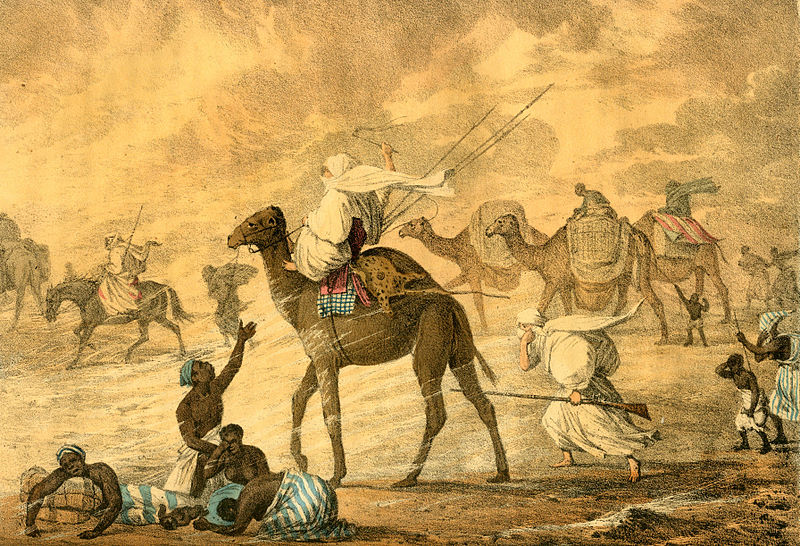
As early as the 7th century, travellers and writers have reported of slavery and slave trade in the orient. White slaves from East Europe as well as African slaves were working for Islamic slaveholders. Nobody was bothered about this; human rights were not considered. In the 8th century, things began to turn. The Abbasids decided to exploit the swamplands in Southern Mesopotamia, today’s Iraq, which was only feasable with cheap workers. The cheapest workmen were bondsmen. Thus a race for slaves from East Africa began. When deporting people from Europe became harder and harder, an Arabian slave trader came up with the idea to capture Africans, as they simply had poorer weapons than Europeans. Furthermore, the Arabs believed that the African inhabitants were more suitable for hard work. Thus, the manhunt started. Captives were deported through the Sahara desert, and many of them already died on the violent tour through the desert. Survivors were sold and forced by their owners to drain the salt marshes and to cultivate plantations. The slaves lived under inhumane conditions and were at the mercy of their owners with life and limb. No law, no organisation, watched for their lifes or protected them. Whenever they were sick or weak, they were segregated and usually murdered. When European merchants started the transatlantic slave trade, Arabic merchants supplied them with African slaves.
The Europeans conquer Colonies and discover Slave Trade as a big Business
European explorers were the forerunners of the Atlantic slave trade. From the 16th century onwards, they began to explore new sea routes to India on behalf of royal houses and trading companies. Merchants who built trading posts and acquired estates followed them.
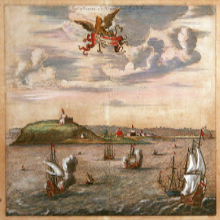
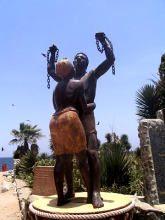
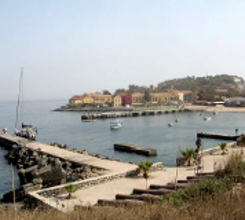
They began trading with gold, ivory, exotic woods and fruits, but soon discovered the “human goods”, as the demand for cheap manpower in America, Latin America, and India grew. There, European conquerors had already made the land their own. Cocoa, coffee, tobacco and fruits were intended to be planted on gigantic plantations. Local workmen often could not stand the harsh working conditions, whereas the Africans seemed to be more robust.
Trading with humans becomes a big business
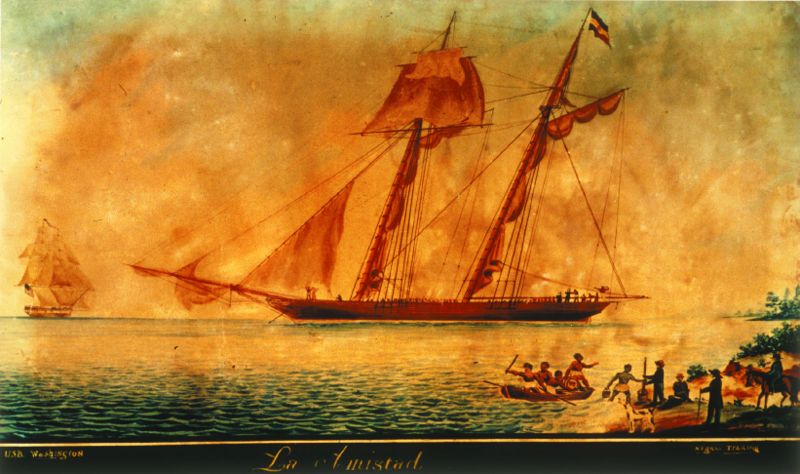
African and Arabic man hunters hunted down the tribes in the interior of the continent and depopulated entire tracts of land. The prisoners were deported to forts on the coasts, where they were imprisoned until the next ship would come to take them away to the New World. That is how the transatlantic triangular trade began: weapons were traded for slaves, slaves for resources and exotic goods and fruits. Arabs brought African slaves by trading ships to as far away as India. European merchants, who, in the past, used to buy gold and ivory, now traded weapons and fabrics for captives and shipped them to North and South America. Over the course of centuries, millions of Africans were transported in giant slave ships. There they were bought by plan tation owners and were owned by them with life and limb. They had to work on the plantations under dreadful circumstances. Their ‘owners’ were allowed to punish and abuse the slaves, even sell them on or, in the worse case, even kill them. This horrific slave trade lasted for three centuries.
The abolition of slavery
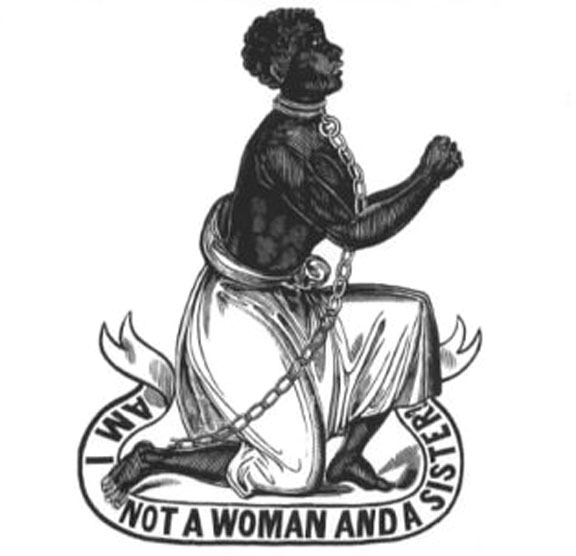
When Europe’s population learned about the horrific scope of slave trade, many were shocked. In England, resistance movements against slavery were formed when jurists, journalists and freedom-loving citizens united. They raised money for lawsuits fighting for the rights of the slaves. In the press, the aboliti on of slavery was demanded. Even the people in power were not able to stop the movement.

